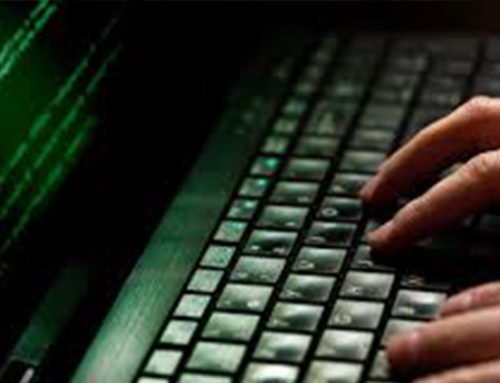
With 2017 half over, has it been half full or half empty?
Short-term political changes continue to reverberate through the US Government and around the world, while the US economy continues to grow slowly. With the debate of globalism versus nationalism raging, my thoughts are turning toward the implications for the future – the long-term future and the impact on long-term investing.
One of the loudest messages of President Trump has been the issue of unfair trade. The premise is that the low wages of workers in foreign countries is to blame for US workers jobs being shipped overseas and the American dream slipping away.
The reality is far more complicated. According to Historian Yuval Noah Hariri, it’s not the Chinese or Mexicans that will take the jobs of workers in Pennsylvania – it’s robots and algorithms. He says we need to take heed of this. It is important because what youth learn in schools and colleges today may be completely irrelevant for the job market in 2030, 2040 and beyond.
Technology and the job market of the future
One bleak possible result of technology is in displacing workers. This may result in what Harari calls the “Useless Class” of workers. No one knows what jobs will look like in 2050; however, what is becoming clear is that in the future an unemployed 50-year-old truck driver made redundant by self-driving trucks will find it very difficult to reinvent himself. There are almost 4 million professional truck, bus and cab drivers now working in the U.S. The trend will result in people moving to lower skilled service jobs, despite the opportunities being in the high skilled, highly compensated software jobs.
Hariri says that Silicon Valley is good at creating Artificial Intelligence, but not Artificial Consciousness. He defines “Intelligence” as the ability to solve problems. “Consciousness” as the ability to feel things, e.g. joy, sadness, and pain. He says it is good that we are learning more about the human brain, but it does not bode well that we are not getting better at understanding consciousness.
Here is a very sad statistic. For the first time in human history, more people commit suicide than get killed in war.
Is the future bleak or hopeful
Very recently two tech titans took opposite ends of the debate. Elon Musk (Tesla and SpaceX) fears that if left unchecked, Artificial Intelligence will lead to the ultimate destruction of the human race. Mark Zuckerberg (FaceBook) takes an optimistic and hopeful view of the future. He has faith that people will make the right decisions when using Artificial Intelligence and the tools of technology. Click here to read about the Zuckerberg/Musk spat
Recently, I had a conversation about this existential issue with my son. He is a senior at UC Santa Cruz majoring in Mathematics and Computer Science. His interests are in the emerging field of Machine Learning. This branch of artificial intelligence in which computer generates rules based on raw data that has been fed into it. I listened carefully to what he had to say. After all, he will be living in a future that I will not. Although he believes that the future will be controlled by fewer more powerful entities and they will use robots and algorithms to their advantage, I heard a glimmer of hope when he spoke.
Like Jacob, I believe that the future is unwritten. It is not inevitable that technology will be used in ways that may result in the destruction of mankind. There is hope for a positive outcome. I prefer to live in that world.
Technology stocks as part of a diversified portfolio
At HK Financial, we use technology to construct and manage investment portfolios as well as develop and maintain financial plans. However, we know that technology can only go so far when helping our clients to achieve their life goals. We understand that each person is unique. Thus, we listen to each client and base our advice on their unique circumstances.

